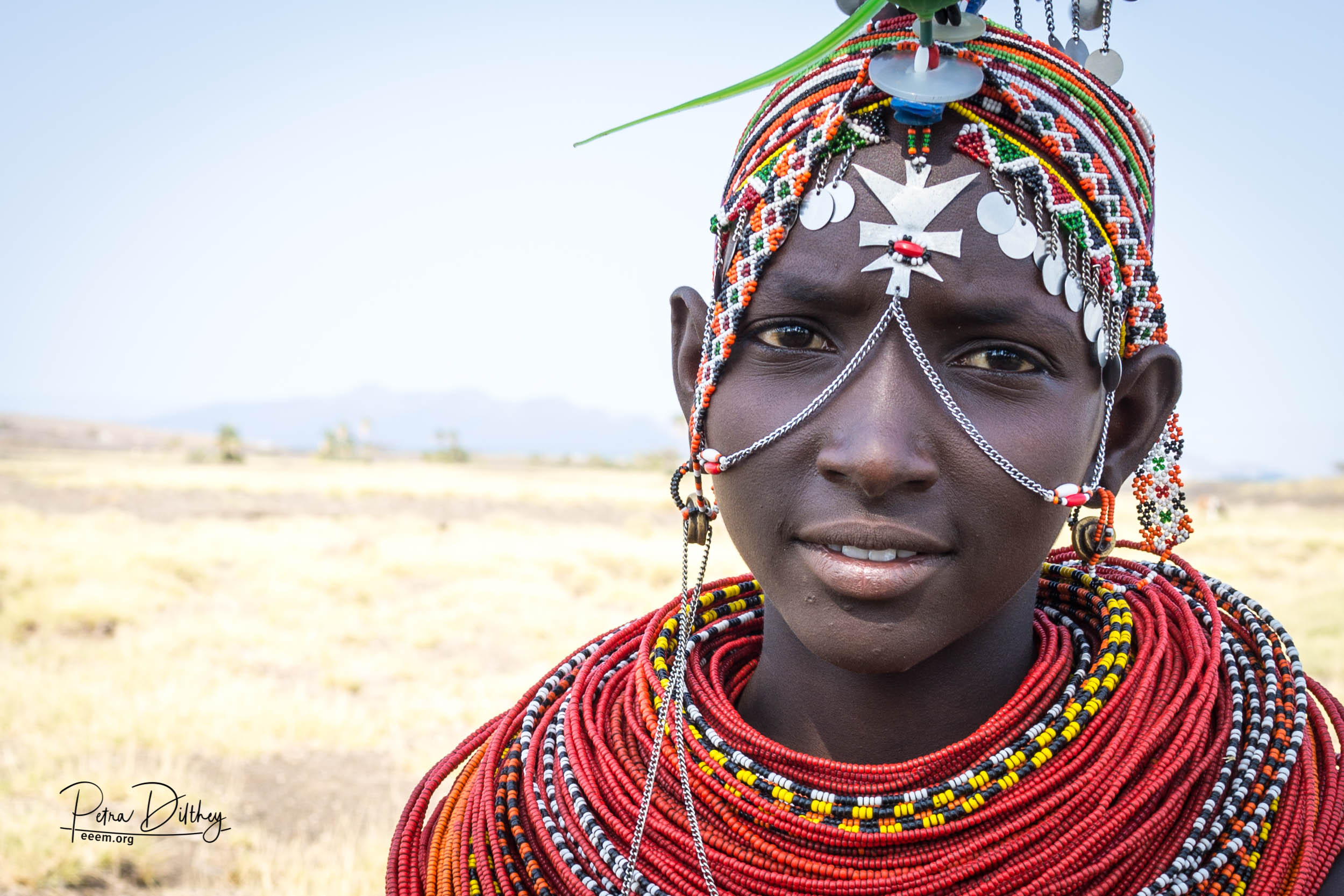Pastoralism, Gender & Youth (page 8)
Livestock by-products in Somaliland bring income for vulnerable groups
Livestock and livestock product exports are the main sources of foreign currency earning in Somaliland. Adding value to the livestock products provides additional income. The paper “An assessment of the livestock by-products value chains in Somaliland: the case of bones and tallow” by Nadhem Mtimet et al (published in Pastoralism: Research, Policy and Practice 2018 […]
Gender differences among Afar pastoralists in vulnerability to climate change
Researchers at Mekelle University, Ethiopia, investigated factors that determine the level of vulnerability to climate change and adaptive capacity among Afar men and women pastoralists. The results are reported in the article “Traditional gender inequalities limit pastoral women’s opportunities for adaptation to climate change: evidence from the Afar pastoralists of Ethiopia” (Pastoralism: Research, Policy and […]
Maasai gender relations in managing dry-season pastures
The paper “Getting by in the dry season: ololilis in Tanzania” by Alessandra Galiè and Ben Likuyu is a chapter (pp 93–100) in the book A different kettle of fish? Gender integration in livestock and fish research published in 2016 by the CGIAR Research Program on Livestock & Fish and the Royal Tropical Institute (KIT). […]
Gender, land & mining in pastoralist Tanzania
In the Women’s Land Tenure Security Project (WOLTS), the development consultancy organisation Mokoro sought ways to improve gender equity in land-tenure governance and to secure the land rights of vulnerable peoples within pastoralist communities in Tanzania and Mongolia. In 2016–17, working together with the Tanzanian civil society organisation HakiMadini, it studied the state of and […]
Battling women’s double marginalisation in pastoral societies

While pastoralists have become increasingly vocal at global level, pastoralist women are still insufficiently heard despite their key role in value-chain development and in dealing with climate change, food insecurity and inadequate land rights. Pastoralist women are often disadvantaged by limitations they face within their own societies, and their participation in decision- and policy-making is […]
